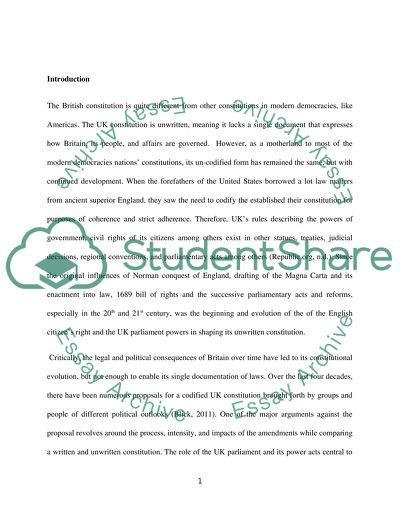Cite this document
(“The British Constitution And Modern Democracies Essay”, n.d.)
The British Constitution And Modern Democracies Essay. Retrieved from https://studentshare.org/law/1493495-in-the-united-kingdom-parliament-is-supreme-in-all
The British Constitution And Modern Democracies Essay. Retrieved from https://studentshare.org/law/1493495-in-the-united-kingdom-parliament-is-supreme-in-all
(The British Constitution And Modern Democracies Essay)
The British Constitution And Modern Democracies Essay. https://studentshare.org/law/1493495-in-the-united-kingdom-parliament-is-supreme-in-all.
The British Constitution And Modern Democracies Essay. https://studentshare.org/law/1493495-in-the-united-kingdom-parliament-is-supreme-in-all.
“The British Constitution And Modern Democracies Essay”, n.d. https://studentshare.org/law/1493495-in-the-united-kingdom-parliament-is-supreme-in-all.


